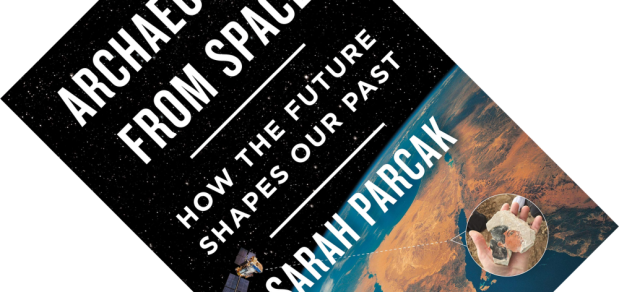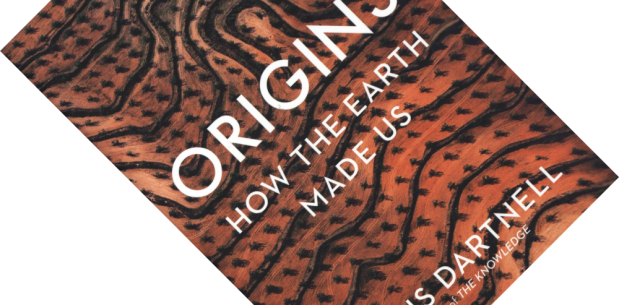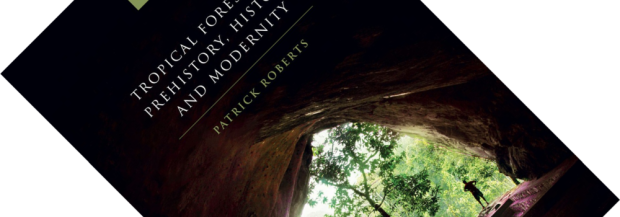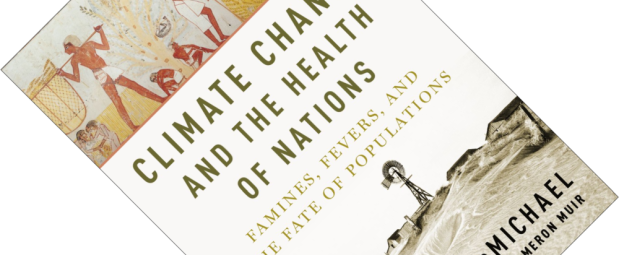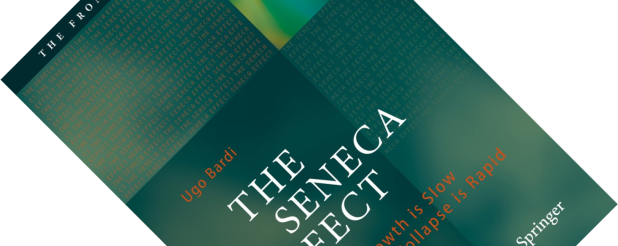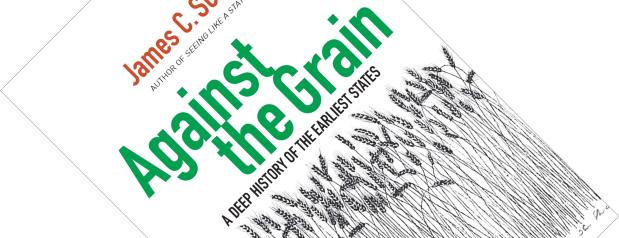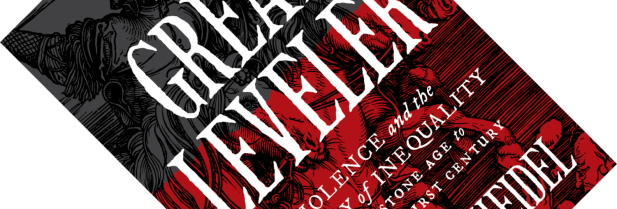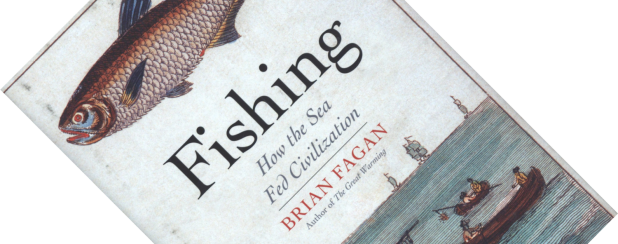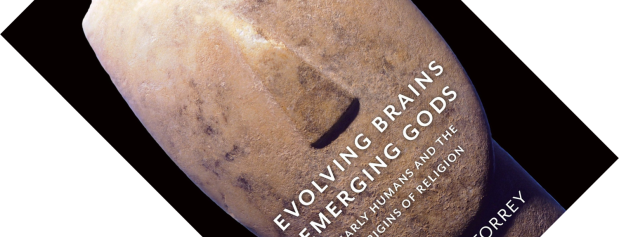What is better than archaeology? How about space archaeology. More properly known as remote sensing by satellite, the use of satellite imagery has set the field or archaeology alight. And professor of anthropology Sarah Parcak is one of its most enthusiastic torch-bearers. In a book that overflows with wonder, honesty, and hope, she takes the reader on a grand tour of remote sensing, showing how it is transforming this discipline.
civilizations
Book review – Origins: How the Earth Made Us
Origins asks one question: how did the Earth make us? More accurately, like a six-year-old whose curiosity cannot be sated, there lies a series of recursive “why” questions at the heart of this book. Astrobiologist and science communicator Lewis Dartnell takes a big history look at human evolution and especially civilization, seeing how far down the explanatory rabbit hole he can go. Time and again, he grounds his answers in geology and geography. You would be forgiven for thinking this sounds like what Jared Diamond attempted more than two decades ago, but calling it Diamond-redux would not do it justice.
Book review – The Human Swarm: How Our Societies Arise, Thrive, and Fall
“Why, of all the species that have ever existed, have only us humans reached this unparalleled level of social organisation?” Sounds familiar? I indeed opened my review of E.O. Wilson’s recent book Genesis: On the Deep Origin of Societies with almost these exact words. Where that book (quite literally) fell a bit short of the intended mark, biologist Mark W. Moffett here delivers a sprawling big history book that considers almost the same question. Perhaps this should not come as a surprise, for Wilson has been Moffett’s mentor.
Book review – Tropical Forests in Prehistory, History, and Modernity
Primaeval, pristine, playground of Indiana Jones, home to ancient ruins and primitive tribes – nothing says wilderness more than tropical rainforests. They have had a firm grip on our collective imagination for centuries as the antithesis of civilization. But after reading archaeologist Patrick Roberts’s Tropical Forests in Prehistory, History, and Modernity, it seems my introduction is a load of lyrical rubbish. Synthesizing an enormous body of scientific literature, this book dispels the Victorian-era explorer-mystique to reveal a picture that is far more fascinating.
Book review – Climate Change and the Health of Nations: Famines, Fevers, and the Fate of Populations
When a history book leaves you reeling, you know that it has done its job properly. Climate Change and the Health of Nations is a grand synthesis of environmental history, charting the fate of civilizations and the links between climatic changes and the health of people. It is also a book that almost wasn’t.
Book review – The Seneca Effect: Why Growth is Slow but Collapse is Rapid
I am going to start this review on a tangent. The liner notes of the 1983 album Zeichnungen Des Patienten O.T. of the German industrial band Einstürzende Neubauten contained the slogan “Destruction is not negative, you must destroy to build”. I don’t expect that Ugo Bardi shares my taste in music, but, judging from this book, I’m sure that if we were to sit him down with the band members over a pint, they would have plenty to talk about. Because, according to Bardi, collapse is a feature, not a bug.
Book review – Against the Grain: A Deep History of the Earliest States
History books tend to portray the transition of humans as hunter-gatherers to farmers – and with it the rise of cities, states and what we think of as civilization at large – as one of progress and improvement. But with Against the Grain: A Deep History of the Earliest States, political scientist and anthropologist James C. Scott challenges this narrative. That our switch to an existence as sedentary farmers impacted our health is something I was familiar with from palaeopathological findings, see for example Ungar’s Evolution’s Bite: A Story of Teeth, Diet, and Human Origins or Hassett’s Built on Bones: 15,000 Years of Urban Life and Death. But Scott tackles this subject from many angles, summarising accumulating archaeological and historical evidence to provide a fine counter-narrative.
Book review – The Great Leveler: Violence and the History of Inequality from the Stone Age to the Twenty-First Century
Given that I predominantly review books on biology, you may wonder why a book on the history of economic inequality would be reviewed here. All I can say in my defence is that this biologist is nothing if not inquisitive.
Walter Scheidel’s The Great Leveler is a global deep history of inequality. Having taken a long, hard look at a huge range of historical evidence, Scheidel contends that only extreme violence and catastrophe have historically been able to bring more economic equality into the world.
Book review – Fishing: How the Sea Fed Civilization
Brian Fagan is a celebrated archaeologist and author who has written many books on the topic of environmental history. Several of these sit on my shelves, though I admit this is the first book by his hand that I have read. With Fishing, Fagan presents a deep history of fishing from the time of our human ancestors up to the present day, highlighting its overlooked role in the history of human civilization. His story spans the globe and pieces together a fragmented and complicated puzzle.
Book review – Evolving Brains, Emerging Gods: Early Humans and the Origins of Religion
As mentioned previously in my review of Barbara King’s Evolving God, religion is a pervasive phenomenon, and many scholars have put forward explanations of how, when, and why it arose. The arguments King put forth did not convince me that religion is anything more than a by-product of our evolution. Apparently, so did Darwin. Though believers often like to point out Darwin was a Christian too, he struggled to reconcile the two and ultimately lost his faith. American psychiatrist E. Fuller Torrey gracefully acknowledges this intellectual heritage and here updates this idea, putting forth the convincing argument that religion arose as a by-product of brain evolution.

